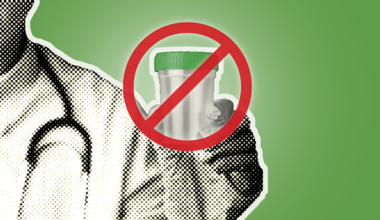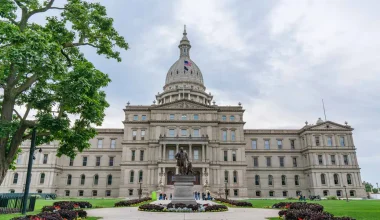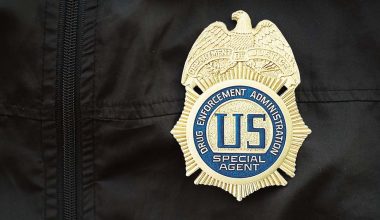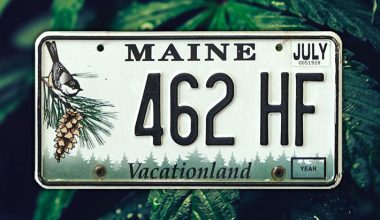Regulated cannabis interests are celebrating the end of the Farm Bill “loophole” that launched the massive nationwide market for intoxicating hemp THC products.
But what happens if lawmakers and business leaders at the state level simply ignore the ban?
According to Columbus-based ABC-5, that’s the question now being asked openly in Ohio, where regulated marijuana sales began last year.
That’s despite ongoing competition from hemp-derived THC products sold at smoke shops and gas stations – and initial approval from state lawmakers for popular hemp-derived beverages.
Who will enforce federal hemp THC prohibition?
Following the lead of states like California, in October, Republican Ohio Gov. Mike DeWine issued an executive order to ban hemp-derived THC at the state level.
But DeWine’s ban is currently held up in the courts.
In the meantime, Ohio lawmakers are trying to regulate hemp THC under state law as they do marijuana.
“We’re still trying to figure out how to implement what’s going on at the federal level, so I think that maybe pumped the brakes a little bit – while we try to figure out how to proceed based on that,” Republican state Rep. Tex Fischer told ABC-5.
Meanwhile, as MJBizDaily reported, there’s the question of enforcement.
Federal law currently bans the medical and adult-use cannabis programs seen across the country.
If the $32 billion legal marijuana industry is illegal under federal law but still exists, what’s to stop the estimated $28.3 billion hemp sector from continuing on despite federal prohibition?
“While marijuana is illegal for purposes of federal law, the federal government doesn’t have the resources, doesn’t have the personnel to go after individual retailers, individual buyers, let alone individual users,” said Jonathan Adler, a law professor at William & Mary and an Ohio market observer.
Even hemp opponents think THC beverages are here to stay
Even supporters of strict enforcement are admitting a measure of defeat.
That includes Republican state House Speaker Matt Huffman, who believes the immensely popular hemp-derived THC beverages – sold at major retailers like Target and Circle K – will continue to be sold, according to ABC-5.
State lawmakers still aren’t sure what form enforcement of the federal hemp-derived THC ban will take at the state level – if any.
“Now, are we going to go around and start cuffing 17-year-old clerks at gas stations?” Huffman asked, according to ABC-5.
“No, but we’ve got to get this thing in shape.”
President Donald Trump on Wednesday signed into law the ban, which takes effect in November 2026.
That didn’t stop a slide in stock prices for publicly traded marijuana multistate operators, according to the Wall Street Journal.
Subscribe to the MJBiz Factbook
Exclusive industry data and analysis to help you make informed business decisions and avoid costly missteps. All the facts, none of the hype.
What you will get:
- Monthly and quarterly updates, with new data & insights
- Financial forecasts + capital investment trends
- State-by-state guide to regulations, taxes & market opportunities
- Annual survey of cannabis businesses
- Consumer insights
- And more!
Medical Disclaimer:
The information provided in these blog posts is intended for general informational and educational purposes only. It is not a substitute for professional medical advice, diagnosis, or treatment. Always seek the advice of your physician or other qualified healthcare provider with any questions you may have regarding a medical condition. The use of any information provided in these blog posts is solely at your own risk. The authors and the website do not recommend or endorse any specific products, treatments, or procedures mentioned. Reliance on any information in these blog posts is solely at your own discretion.






